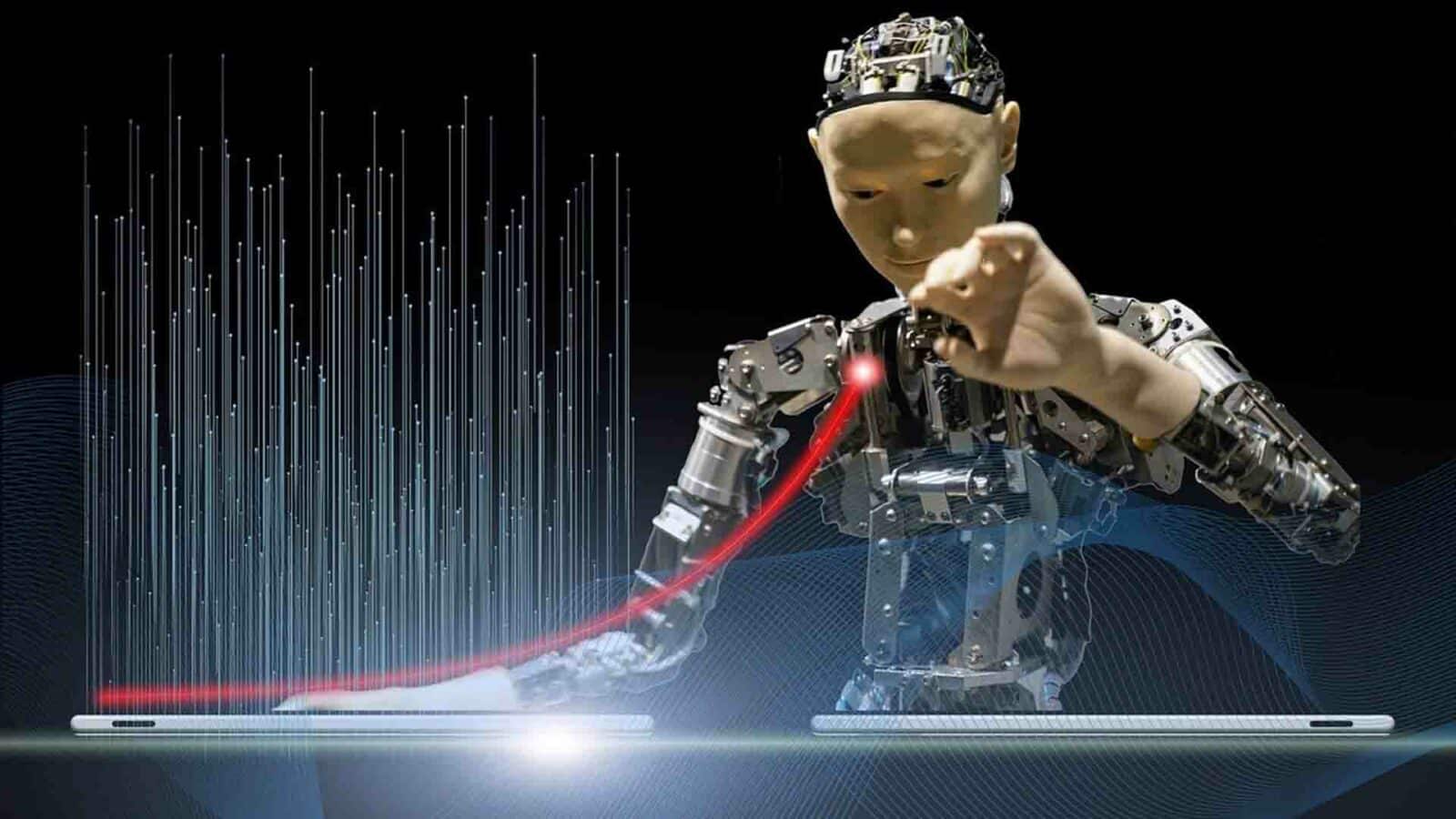Sponsored
What type of tech does biotech use?
Biotechnology continues to push the boundaries of science and medicine, largely due to its adoption of diverse technologies.

Just a heads up, if you buy something through our links, we may get a small share of the sale. It’s one of the ways we keep the lights on here. Click here for more.
The biotechnology industry is a beacon of innovation, constantly advancing through the integration of cutting-edge technologies.
These technologies not only enhance research and development efficiency but also streamline production processes and improve the quality of healthcare outcomes.
Understanding the technological backbone of this industry reveals the critical tools and systems that enable the rapid development of new therapies and diagnostics.
Genomic sequencing technologies
Genomic sequencing has revolutionized the biotech industry by allowing scientists to analyze and manipulate genetic material with unprecedented precision.
High-throughput sequencing technologies, such as Next-Generation Sequencing (NGS), provide detailed insights into genetic variations and mutations.
This technology underpins personalized medicine, where treatments are tailored to the genetic profile of individual patients.
Companies like Scorpius Biological Services rely on these advanced sequencing tools to offer comprehensive genomic services that drive innovations in personalized healthcare.
CRISPR and gene editing tools

Gene editing, particularly through CRISPR-Cas9, has provided biotechnologists with a powerful tool for modifying DNA at precise locations.
This technology allows for the correction of genetic defects, the addition of beneficial genes, and the detailed study of gene functions.
Its applications are broad, ranging from agricultural biotech enhancements to the cure of heritable human diseases.
The ease of use and accessibility of CRISPR technologies have made them a staple in modern biotech laboratories.
Artificial intelligence and machine learning

Artificial intelligence (AI) and machine learning (ML) are reshaping how biotech companies process data and develop drugs.
These technologies analyze vast amounts of data—from molecular structures to clinical outcomes—to identify patterns that might not be apparent to human researchers.
AI models can predict the success of drug formulations, optimize genetic engineering algorithms, and improve the efficiency of clinical trials.
An article on Nature’s website discusses how machine learning algorithms are now routinely used to predict protein structures, which is critical for drug design.
Bioreactors and cultivation systems
Bioreactors are essential for the cultivation of cells and tissues used in regenerative medicine, including stem cell therapies and organ regeneration.
These sophisticated devices control environmental conditions, such as temperature, humidity, oxygen levels, and nutrient supply, ensuring optimal growth conditions.
Innovations in bioreactor design are enhancing the scalability of tissue engineering, which is crucial for meeting the clinical and commercial demands of new biological therapies.
Nanotechnology

Nanotechnology in biotech involves the manipulation of materials at the atomic, molecular, and supramolecular levels.
This technology is used to create highly specific drug delivery systems that can target diseased cells without affecting healthy ones.
Nanoparticles can be engineered to carry therapeutic agents, including drugs, proteins, and DNA, directly to affected sites, minimizing side effects and improving treatment efficacy.
A report by Reuters highlights the growing use of nanotechnology in developing vaccines, particularly in enhancing the immune response without the need for adjuvants.
Cloud computing and data analytics
The integration of cloud computing in biotech has facilitated the storage, processing, and analysis of large datasets.
Cloud platforms enable seamless collaboration across global research teams, ensuring that data and resources can be shared quickly and securely.
Advanced analytics and computational modeling tools help researchers simulate experiments and predict outcomes, speeding up the research and development process.
Remote monitoring and telemedicine

Telemedicine technology has gained significant traction in the biotech industry, especially in clinical trials.
Remote monitoring technologies allow for the collection of real-time data from trial participants, improving the management of trial protocols and patient engagement.
These technologies ensure that data is collected consistently and accurately, reducing the risks of errors and improving the reliability of trial results.
Final thoughts
Biotechnology continues to push the boundaries of science and medicine, largely due to its adoption of diverse technologies.
From genomic sequencing and AI to sophisticated bioreactors and nanotechnology, the array of tools at the disposal of biotech companies is vast and continually expanding.
As the industry evolves, so too will the technologies that drive its progress, promising even more remarkable breakthroughs in the years to come.
Have any thoughts on this? Drop us a line below in the comments, or carry the discussion to our Twitter or Facebook.
Editors’ Recommendations:
Disclosure: This is a sponsored post. However, our opinions, reviews, and other editorial content are not influenced by the sponsorship and remain objective.



































